
Washington, DC — Ghana received welcome news last week from the IMF: real GDP growth for the country is projected to reach 5.9 percent in 2017 and 8.9 percent in 2018, following three successive years when the increase was four percent or less. This is but one of several indicators of economic recovery, according to Alan Kwadwo Kyerematen, the Minister of Trade & Industry. Kyerematen was appointed to the post in January by President Nana Akufo-Addo following his election in December 2016. He says, in this interview, that growth is essential for stability – but it must be “inclusive” and “bring everybody along”.
Kyerematen, who competed against Akufo-Addo for the nomination of the New Patriotic Party, is an economist and lawyer who served previously as trade minister and as Ghana’s ambassador in Washington, DC. In 2013, he was Africa’s consensus candidate for the position of Director General of the World Trade Organization. He spoke to AllAfrica during a visit to Washington, DC earlier this year. Excerpts:
Are you getting a more receptive hearing when you talk to investors than was the case a few years back – or when you were in the U.S. as ambassador some 15 years ago?
To a large extent, the narrative on Africa has been more constructive for the last couple of years. Within that more positive – I would say, more realistic – view is a recognition that Ghana is an investment destination of choice for a number of reasons.
Infrastructure Means Business
The first critical element that draws investors is an opportunity to do business. We are presenting a number of opportunities, and we provide good infrastructure. We have functioning ports and a complement of roads.
Our number one focus is agriculture – agribusiness which includes investments in agriculture.
We’re also talking about opportunities in industrialization. Ghana is embarking on what I believe is one of the most comprehensive programs for industrial transformation in Africa. Whether it is manufacturing or mineral processing, everything that has an industrial flavor represents an opportunity that we are selling also to the rest of the world.
Another factor that makes Ghana an attractive enabling environment is that we’ve been able to achieve macroeconomic stability over a sustained period, Obviously, we’ve had challenges in the last few years, but the important thing is the trajectory - the trend for getting back on track. This is what the new government is doing.
Ghana has an enviable track record when it comes to democratic transitions.
If you are investing in a market that is politically unstable, then I'm not sure that you can realize your business objectives. Our democratic credentials are solid. Ghana is peaceful and safe. As an investor, you want to make money, but you want to also stay alive and enjoy your money!
How important is leadership for attracting investment both from outside and from Ghanaians?
Leadership has a big impact on progress, and Ghana has a good leader. The most fundamental challenge for development is to set a vision that delivers progress and success. That is what we have. The next thing is to develop a team to realize this vision. Our president has put together a team that can deliver. We have clarity of vision about where we are now, where we want to be and how we propose to get there.
Our president has put these elements together. We have a comprehensive program in all sectors of the economy, and that's what is driving all the programs and projects that the country is embarking on.
Another of the critical elements for business is the regulatory environment, and Ghana has struggled with that.
We used to perform much better than we have been doing in the last few years. This government has launched a comprehensive program for business regulatory reform. And the key performance indicator for us is to become number one - that is to become the most business-friendly country in the whole of Africa, within a period of three years.
There are two indexes that measure business regulatory reform. The World Bank annual Doing Business report and the Global Competitive Index from the World Economic Forum. We’ve looked at the reforms that are required in different areas, and our strategy speaks directly to that. We want to improve our standing on both indexes. We have adopted what we call the Business Regulations Strategy to reduce red tape and promote the private sector and job creation in particular.
Power shortages have been harmful to the population and an impediment to growth. What is the government doing to insure that Ghana has sufficient electricity?
Energy is fundamental to the two pillars of our strategy, industrialization and agricultural production. We’re looking now at improving our energy infrastructure.I’m sure that you cannot industrialize without the benefit of energy. Already, we have put energy deficits behind us.
Despite challenges in the past, we have been able to invest in energy sources and now are meeting all demand that we have with a little strategic reserve. The plan is to go beyond that because we need now to be able to develop an energy mix that responds to the demands of the future.
A Turn Toward Renewable Power
We are moving forward with enhancing investments in the energy sector and focusing more on renewables. I’m not sure there’s any other country that has more IPPs [independent power producers] interested in investing in energy resources. Right now, our challenge is how to select among those that have already signed up.
We’re prioritizing renewables because we feel that green energy is good, but the tariff structure must be competitive when you are doing manufacturing. You can’t afford to have prices too high. We are taking a balanced approach.
How are you addressing youth unemployment?
The number one development priority of our government is to create jobs. We are focusing on jobs for a number of reasons, but primarily because we believe that youth employment is the challenge that is going to drive prosperity for us as a country. Unless we are able to provide opportunities for youth, we are literally creating prospects for destabilizing whatever progress you make, and that is a security problem in itself.
We are focusing on what can be done to achieve inclusive growth. You can track the development of any country by looking at growth in the GDP. But jobless growth, growth that is not inclusive, is not what we want. We are putting in place programs and projects that can deliver inclusiveness.
How are you doing that?
One of our flagship programs is to establish, together with the private sector, at least one major industrial enterprise in each of the 216 districts, which we’ve branded as One District, One Factory. The basis for lack of inclusiveness is when the concentration of economic activity is in a few hands or in the urban areas. But if you have a program that is spreading economic activity, industrialization to every corner of the country, then obviously, you’ve made an entry point into inclusive growth. Our policy is to bring everybody along in the economic chain.
How does cocoa, a long-time staple of the economy, fit into this policy of inclusiveness?
As you are aware, cocoa has for over a century been the major export for Ghana. Anytime there’s a drop in commodity prices for cocoa, it affects the economic foundations of our economy. This is a major reason we’re talking about diversifying our economy and identifying strategic pillars of growth.
Capturing more cocoa cash
We want to add value to our cocoa and harvest the benefits of the full value chain from cocoa rather than exporting cocoa beans to the rest of the world. Currently, there are some global companies that are doing cocoa processing, but most are doing first-stage processing only.
The tertiary stage of processing cocoa is where you make chocolates, and that’s 70% of the value of every chocolate bar. Processing of chocolates can provide underpinning for our industrial transformation. If we’re adding more value to the cocoa, the impact of commodity prices would not be felt as much.
All these interventions that I’m talking about in the area of industrialization, agricultural production, infrastructure development, these are clear signals that, when we talk about value addition, we are serious about it. Adding value at source is linked to job creation. Once you are able to add value at source, you create jobs.
Read Full Story
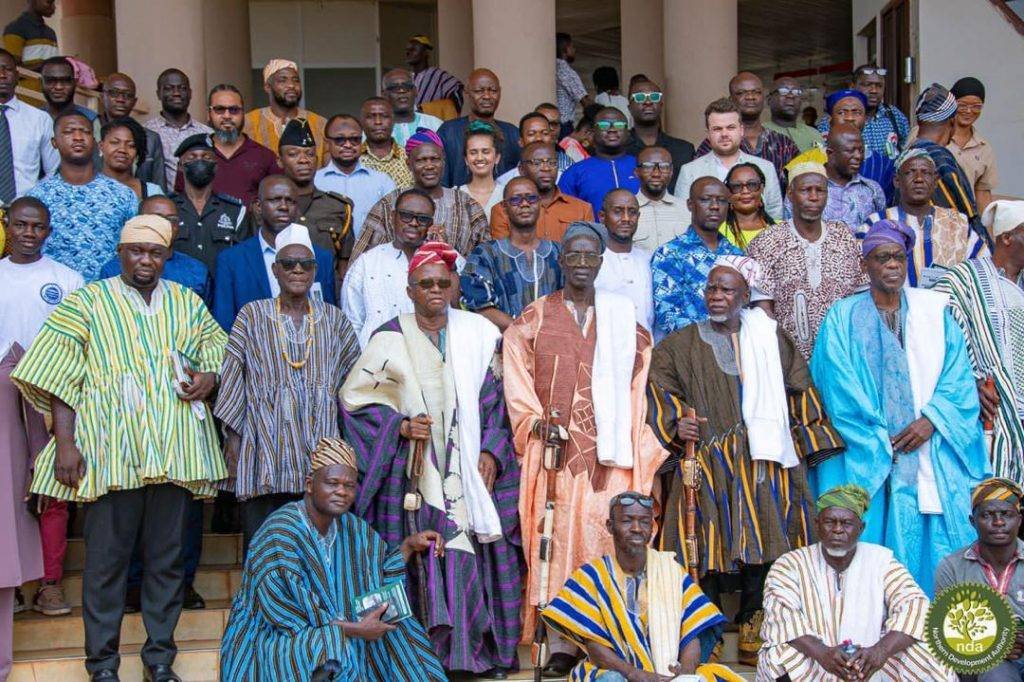
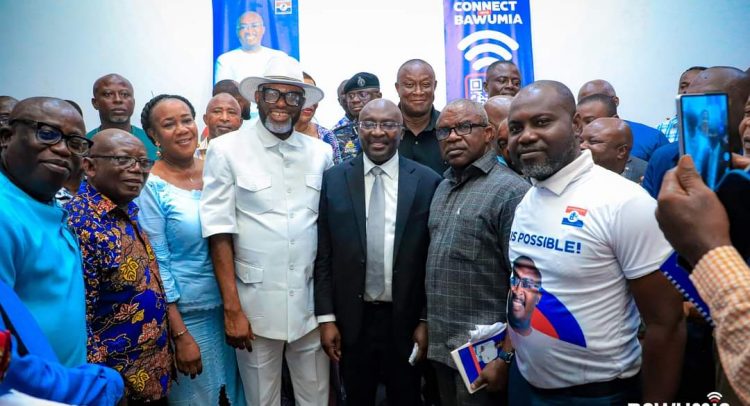
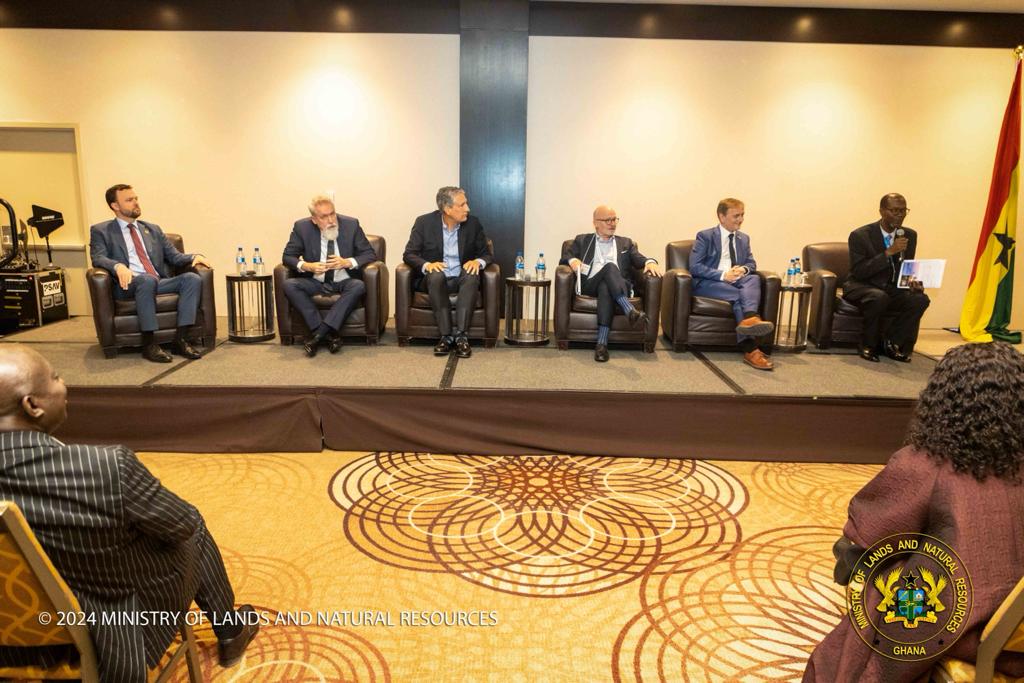
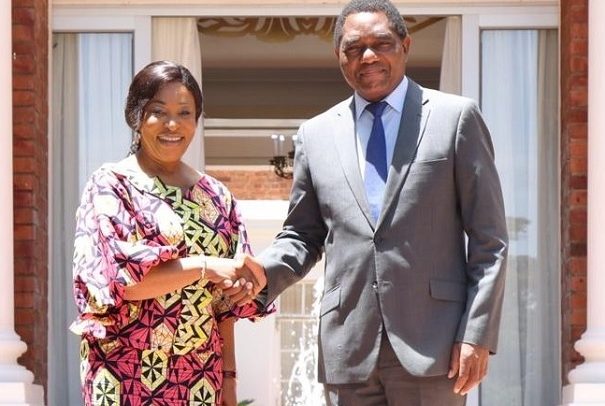
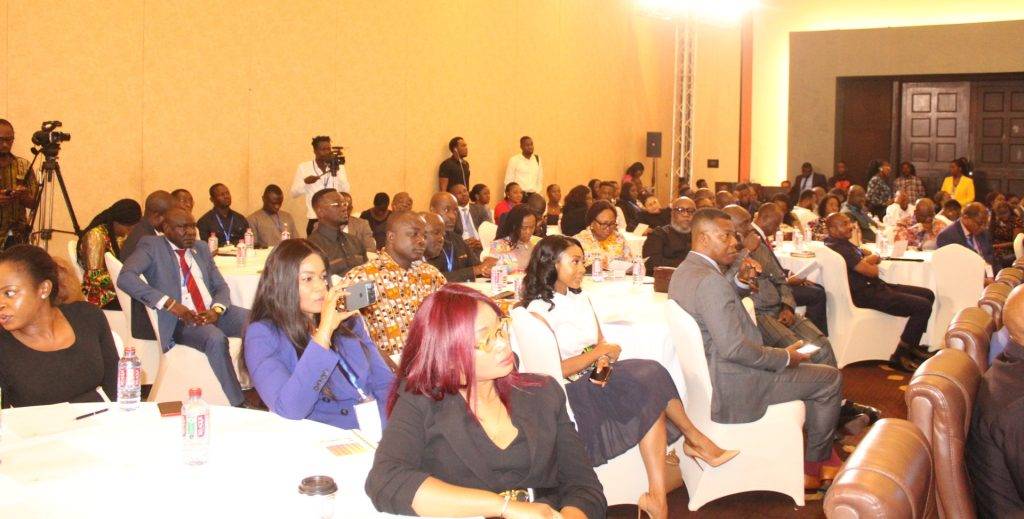


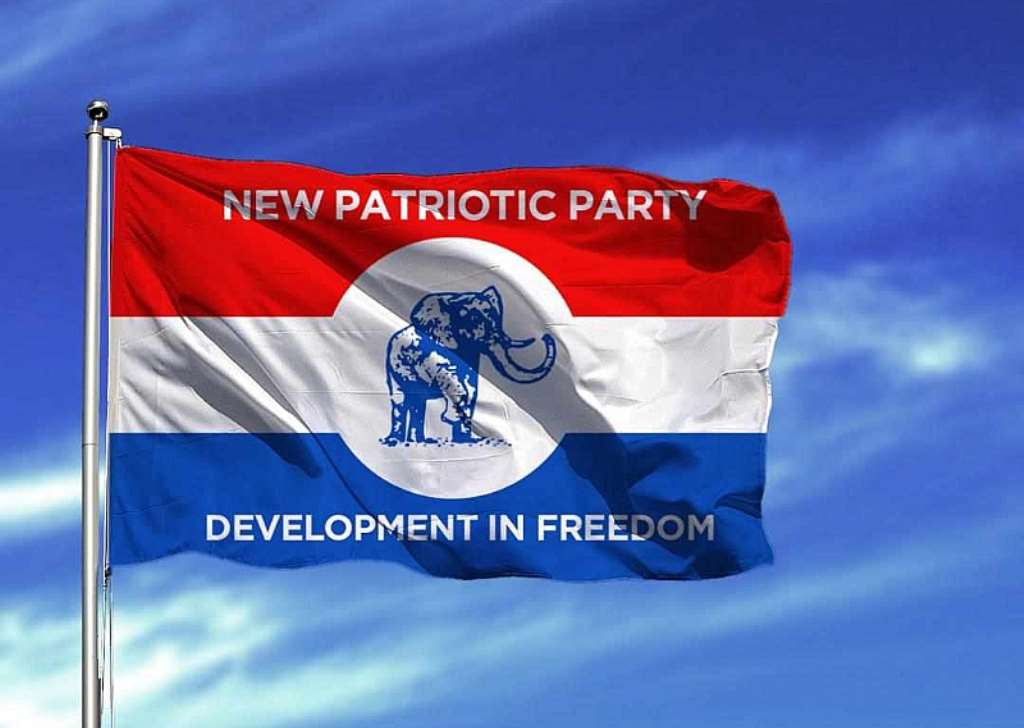













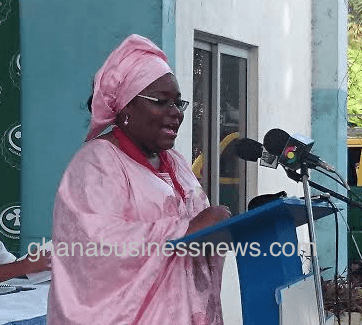
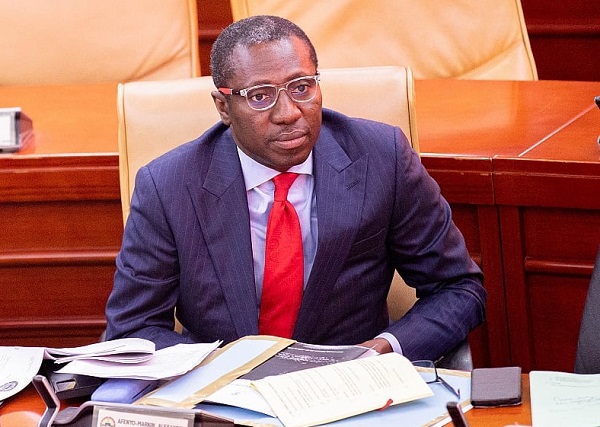

Facebook
Twitter
Pinterest
Instagram
Google+
YouTube
LinkedIn
RSS